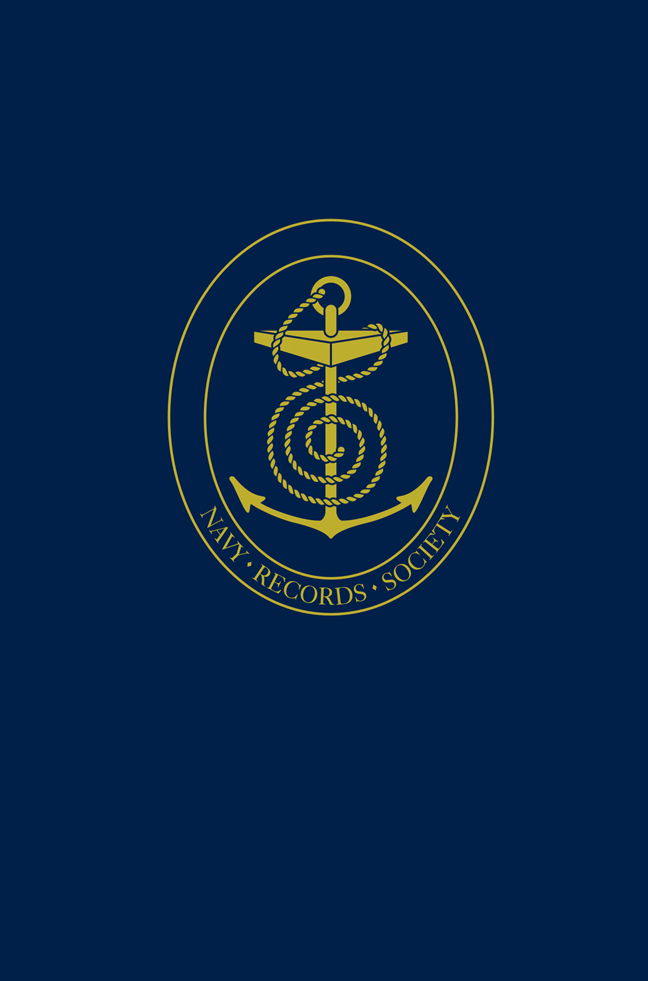1 - Procedure
Published online by Cambridge University Press: 27 February 2024
Summary
The documents in the present chapter have been selected to illustrate the precepts and practices of late eighteenth and early nineteenth century naval courts martial. The first four provide the legal and administrative framework within which his Majesty's tribunals at sea operated. Although several of the records that follow demonstrate that specific courts violated this or that axiom of law, these trials were the exception, not the rule. On the whole justice afloat abided by the rules established in An Act for Amending, Explaining and Reducing into One Act of Parliament the Laws relating to the Government of His Majesty's Ships, Vessels and Forces by Sea and the several editions of Regulations and Instructions relating to His Majesty's Service at Sea [1–4].
The various statutes and regulations governing justice afloat were very specific about how charges were to be drawn up and about the limited jurisdiction of naval courts martial. Once again, while a few courts violated these proscriptions [5, 43], most followed them closely. thus, examples of compliance are much more common than violations. indeed, inaccuracies in the charges or charges deemed beyond the purview of naval tribunals routinely led to the dismissal of cases [6, 15, 17, 19, 21, 28, 34, 38, 45].
Courts martial were not intended to deal with trivial offences. One device used to uphold this intention was the court of inquiry. Such courts commonly were ordered to determine if there were sufficient grounds to warrant the convention of a naval tribunal [30, 35, 41]. Moreover, courts martial were meant to instil a sense of their majesty in those who witnessed them by making examples of the individuals who were brought before them [16, 22]. Towards this end, justice afloat followed the same methods used by eighteenth-century common law courts. In Crime and Punishment in the Royal Navy, i argued that douglas hay's thesis that Georgian criminal trials ashore were based on an ideology of justice, terror and mercy was equally applicable to naval courts martial during the period under discussion [11, 23, 24].
Although such devices as courts of inquiry were safeguards against the terror and majesty of naval tribunals becoming too common (thus lessening their example), occasionally weak, frivolous or mute cases did reach trial. These cases usually resulted from the failure of either the prosecutor or defendant to appear [14, 36].
- Type
- Chapter
- Information
- Naval Courts Martial, 1793-1815 , pp. 1 - 146Publisher: Boydell & BrewerFirst published in: 2024

